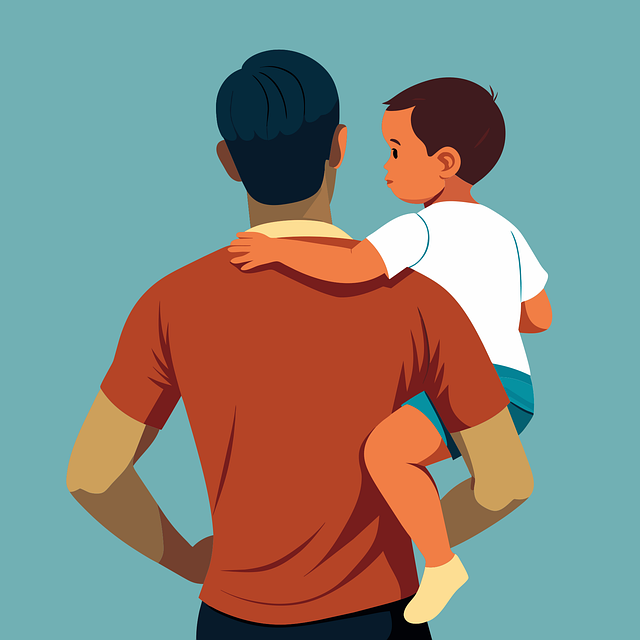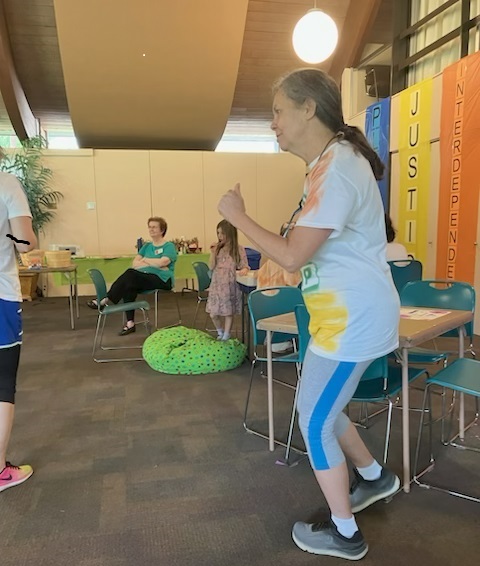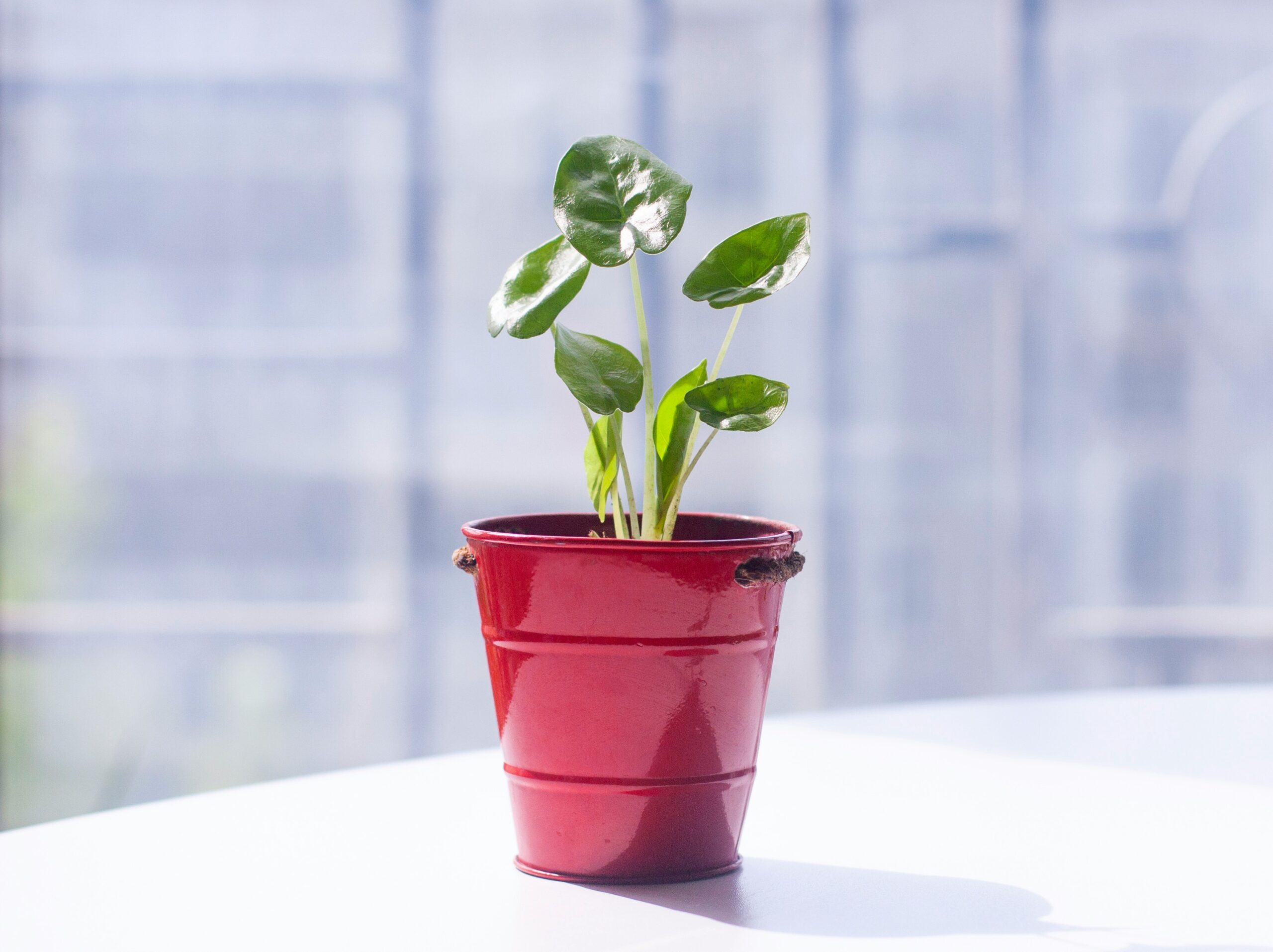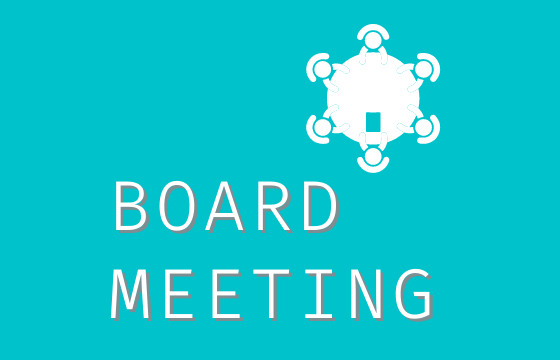“Kids Say the Smartest Things”
Several years ago, comedian Tiffany Haddish revived the 60s television comedy series, “Kids Say the Darndest Things.” Though the revival was short lived, retaining long-term files of things kids say that elicit surprise remains an intact practice for moms, dads, grandparents, aunts and uncles alike.
As RE Coordinator, I, too, delight in the familial fun of etching incredible statements kids make in memory. Instead of the darnedest things, I prefer to celebrate the smartest things kids say. I’ll never forget the response a precocious seven-year-old girl gave when asked what her favorite TV shows were.
Without a hint of hesitation, the Sunday School student looked me squarely in the eye and offered the observation that some television shows are bad for your mental health. Undeniably, her statement rang a loud bell of truth, given cable’s pipelined entertainment variety.
Although the details of what fueled this thought are unknown, the child’s distinction between physical and mental health was impressive. Furthermore, she was quick to point out that physical impairment is often visual while mental health afflictions aren’t easily discernible.
According to TheArc.org, “more than 1 in 4 adults in the United States—over 70 million people—have a disability.” The Americans with Disabilities Act (ADA) recognizes both physical and mental impairment in its definition of disabilities.
Bursting its seams in celebration and recognition, the month of July includes Independence Day plus National Minority Mental Health and Pride Disability Awareness Month. The theme for Disability Pride Month 2025 is “We Belong Here, and We’re Here to Stay.”
I think there’s an important lesson to be gleaned from our youth: While people can be distinguished by various shapes, sizes, and colors, inclusion and acceptance of those with mental or physical disabilities who are subject to social stigmatization, is key.
After all, the UU principle of pluralism reflects a loving embrace of differences. To put it simply in the words of a child, everyone deserves to be valued despite seen or unseen differences.
Shari Wright, UU Education Coordinator






